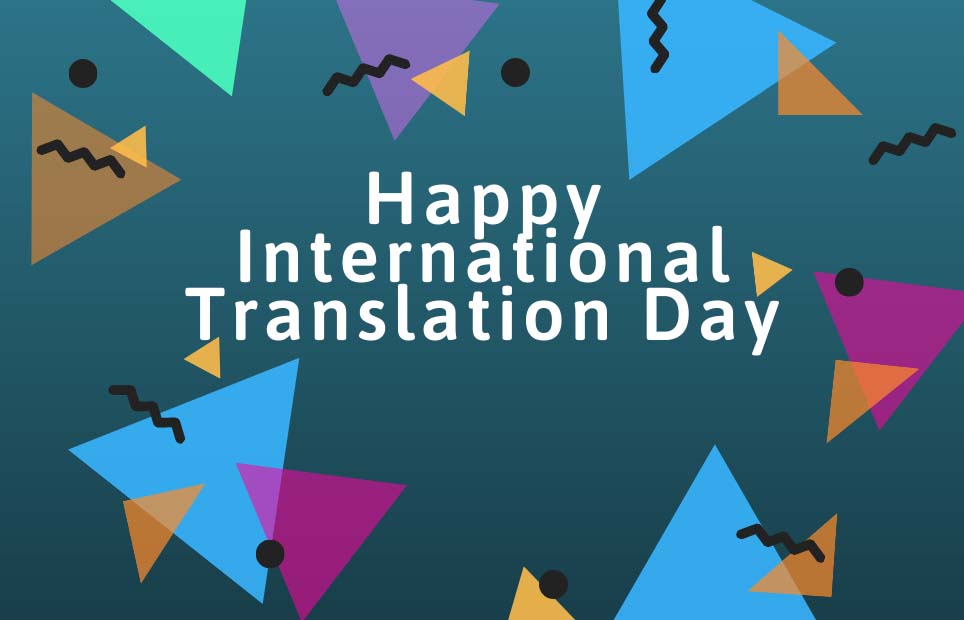Today is International Translation Day and it’s a good opportunity for the translation community to reflect on the difficulties over the past year for many of us and to help provide tips so we can better cope with the difficulties raised by the COVID-19 pandemic.
The date of September 30 was chosen due to it being the feast day of St. Jerome, the patron saint of translation who translated the Bible into Latin. However, it is an international celebration and not exclusively held in Christian countries, established in 1953 to celebrate and teach people about the translation profession in an increasingly globalized world where it is becoming ever more important.
Translation and the COVID-19 Pandemic
As COVID-19 has spread around the world, it has not only killed close to a million people at the time of writing, but it has also left many more seriously ill. Of course, the effects of any traumatic event go beyond the physical, with reports of anxiety and depression rapidly rising due to concerns regarding the virus and the subsequent economic and political fallout.
Many have lost their jobs and the translation industry, as an essential in a globalized world, has unsurprisingly been impacted by the pandemic, with some translators losing clients and some taking on more than they can handle. Whatever the cause of the stress and anxiety translators are currently facing, it is important to adapt to what has become the new normal.
How to Cope
As companies around the world have hurriedly adapted to the new normal, translators have been essential in making their messages, communications, and documents available in other languages for the globalized world, with many suddenly finding themselves overworked.
Learn to Relax
If you find yourself having too much work, make sure to take the time to look after yourself and relax. First, dedicate a little time to your hobbies, stay in contact with your friends and family, and make sure to exercise routinely. Even just 15 minutes of exercise has enormous benefits for your mental health and can help reduce stress.
Practicing mindfulness and meditation is also a useful tool for coping with stress and can reduce anxiety and make the world more manageable. For 20 minutes, sit or lie with your eyes closed and palms upturned, focus on deep breathing, and visualize your mood and emotions passing like clouds. While some may be reluctant to try it, meditation has enormous benefits for mental health and coping in times of crisis.
Don’t Overdo It
You may also want to consider outsourcing some of your work as not only will this help you relax, others may be grateful for the opportunity. Make good use of translation tools that may help you manage, such as CAT tools and making use of a proofreader, while also making sure to have an organized workspace, be that at home or in an office.
Reflect
If you find yourself with too little work or finding the general stress of the COVID-19 pandemic difficult to handle, much of the previously mentioned advice still applies. Make sure to still look after yourself by eating well and exercising, stay in contact with friends and family, make sure to relax with a hobby, and consider daily meditation to reflect on your situation. In fact, quieter periods of work are invaluable for self-reflection and can be very useful for taking the time to consider your next step and perhaps highlighting anything you did well or could improve in the future.
Stay Creative
It’s also essential to keep your mind active and stay creative, whether that’s by looking for new work that you may not typically do, writing a novel, playing a musical instrument, or thinking of the next step for your business.
It is important to highlight that if you are struggling, you are not alone. This is a difficult time for everyone, but it is also a good opportunity to reflect and develop healthy habits that you can maintain after this “new normal” passes.
More Resources
Tips to set up a home office
Essential tools and apps for translators
COVID-19 Glossary
Freelance Translators: Be More Productive by Working Less








